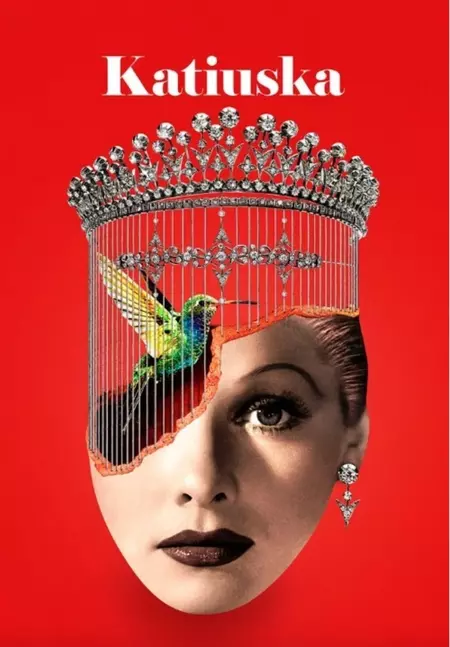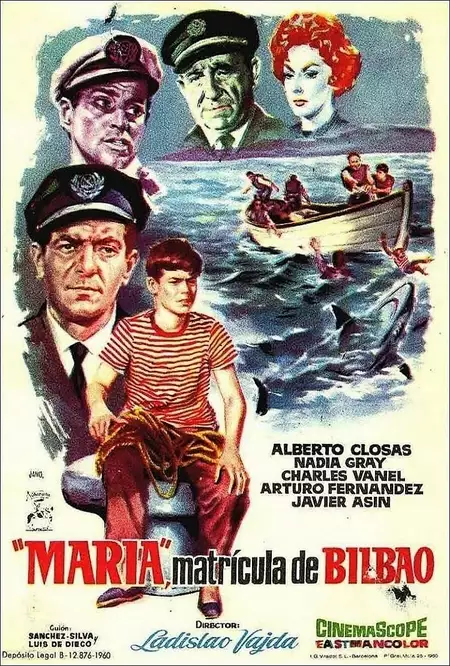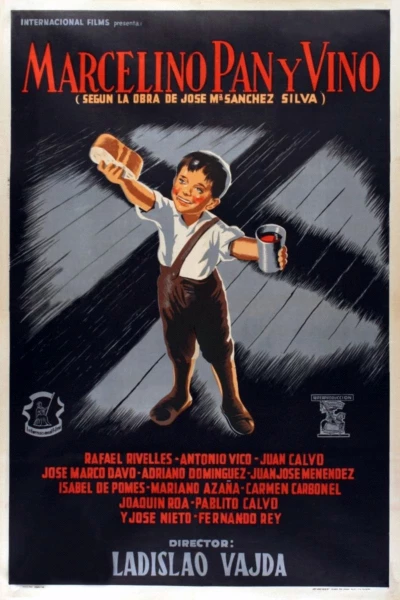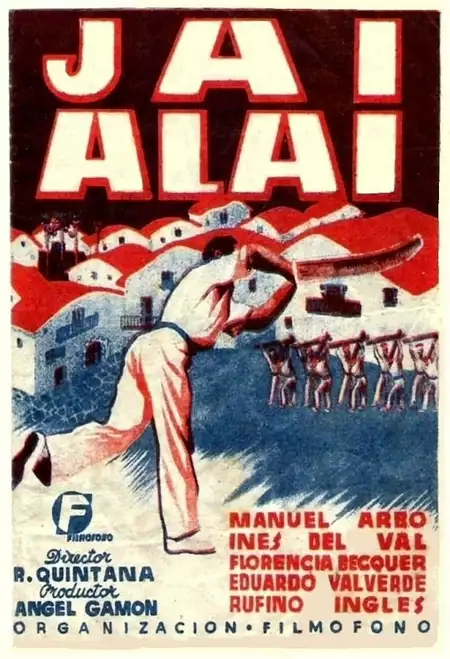Biography
(No Information)
Filmography
all 7
Movies 7
Writer 1
Information
Known ForSound
GenderMale
Birthday1897-09-18
Deathday1988-12-28 (91 years old)
Birth NamePablo Sorozábal Mariezkurrena
Birth PlaceSan Sebastián, Spain
SiblingsRegino Sorozábal Mariezcurrena
CitizenshipsSpain
This article uses material from Wikipedia.
Last updated:
Image credit:
Gabriel Navajas, CC BY-SA 3.0, via Wikimedia Commons
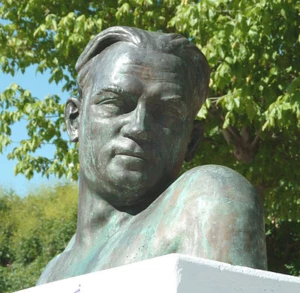 Pablo Sorozábal
Pablo Sorozábal- Filmography
- Information


